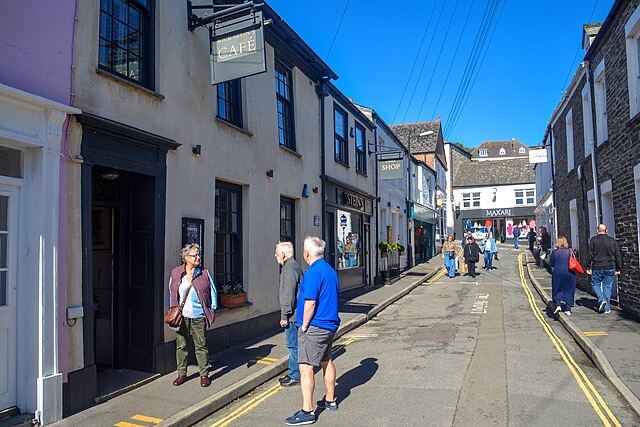It’s the kind of British countryside dream that’s turned into a living nightmare for locals: once-thriving villages now reduced to ghost towns in the off-season. In regions like Cornwall, the Lake District, and rural Wales, residents are raising their voices against a little-known but heavily abused tax loophole that lets second-home owners dodge council tax altogether. This isn’t just about unfair taxation—it’s about the soul of these communities being stripped away, one holiday let at a time.
What Is the Second Homes Council Tax Premium?
To counteract the surge in second-home purchases, many UK local authorities introduced a second homes council tax premium, often charging up to 100% more on standard rates for properties not used as a main residence. The idea? To discourage property hoarding and make more homes available for permanent residents. This strategy, though well-intentioned, has opened the door for savvy property owners to find a workaround—and that’s where the loophole begins.
Find out more about council tax premiums on official council pages like Cornwall Council or Gwynedd Council.
The Loophole That’s Costing Communities
Here’s how it works: if a second home is available for short-term letting for 140 days per year, and actually let for at least 70 days, it can be classified as a furnished holiday let (FHL). Once that switch is made, council tax is out the window—and business rates come into play.
And here’s the kicker: if the holiday let’s rateable value is below £12,000, it may qualify for Small Business Rate Relief, meaning zero tax owed. Yes, that’s right—absolutely nothing.
Need details on rateable value and relief? Visit GOV.UK Business Rates Relief.
Criteria for Holiday Let Classification
On paper, it sounds fair—if you’re operating a legit short-term rental, you should be taxed like a business. But many second-home owners fudge the numbers or selectively rent their homes just enough to qualify.
According to Sky News, some properties listed as FHLs are barely advertised or booked. The result? Councils are losing millions in potential revenue while permanent residents struggle to find homes.
Financial Benefits of Exploiting the Loophole
Let’s break it down:
- Standard second-home council tax: £3,000–£5,000 annually (including premium).
- Holiday let business rates: often less than £1,000, sometimes £0 with relief.
- Result: Thousands saved per property, per year.
This glaring financial disparity creates a real incentive to play the system, and it’s working—at the expense of local services like trash collection, public health, and social care.
Learn more from this in-depth piece by The Guardian.
How This Loophole Impacts Local Communities
When half the homes on your street are dark in winter, the community feels it. Schools close due to lack of pupils. Pubs and shops can’t survive year-round. Local economies become dependent on seasonal tourism instead of sustainable, full-time residency.
According to recent statistics, areas like St Ives and Tenby now have more than 25% of homes listed as second homes or holiday lets.



